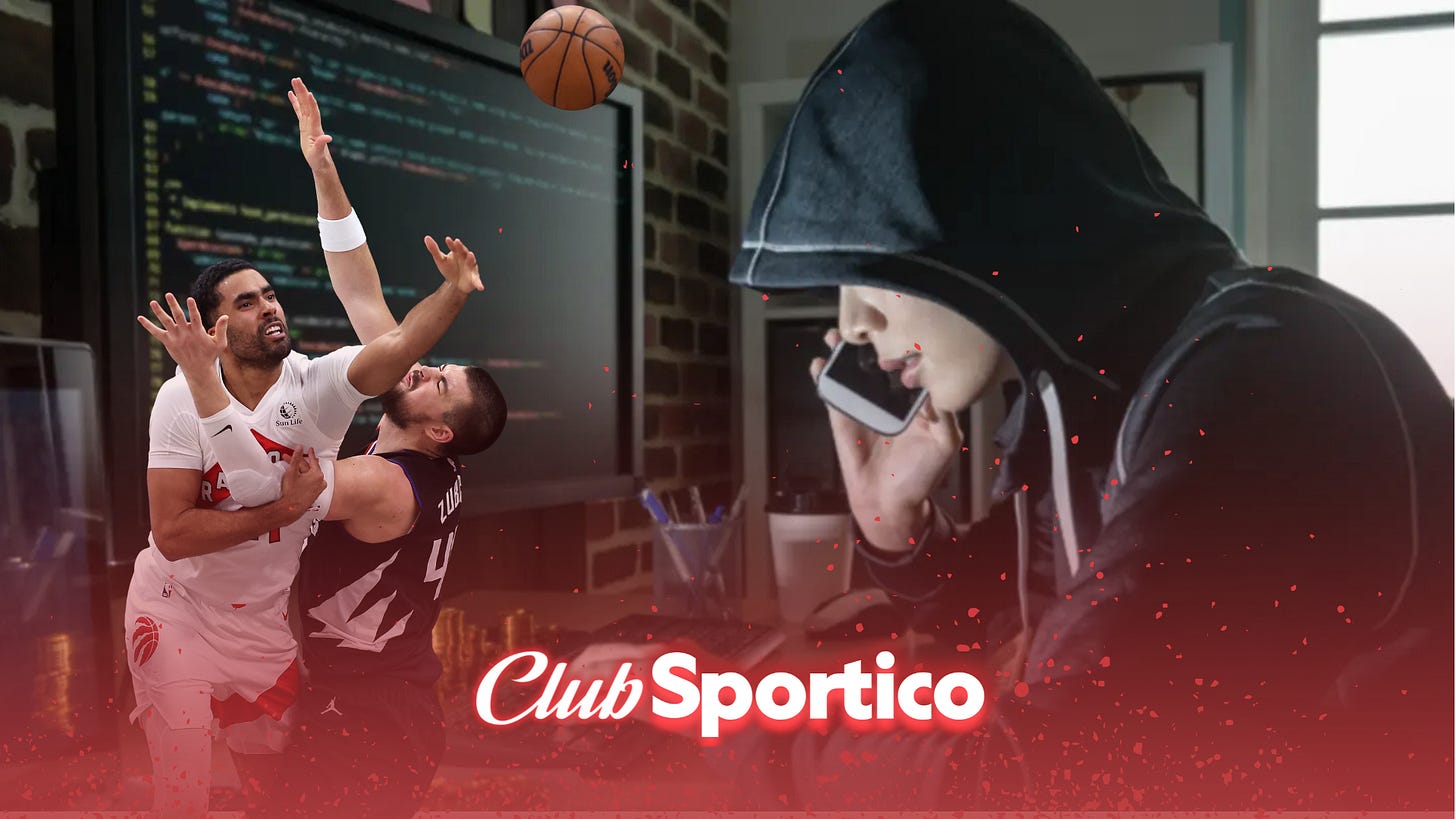The blackmail is the real concern
For the past two years, Jontay Porter has been the posterchild for dumb athlete gamblers. This week, his story grew into something else.
Welcome back to Club Sportico, where we break down the intersection of sports and money—with an extra bit of humor and opinion. Today, we’re talking about the biggest sports story of the week.
By now you’ve likely read a number of takes on the juicy NBA gambling scandal.
A journeyman point guard and two NBA coaches were accused Thursday by the FBI of con…
Keep reading with a 7-day free trial
Subscribe to Club Sportico to keep reading this post and get 7 days of free access to the full post archives.



